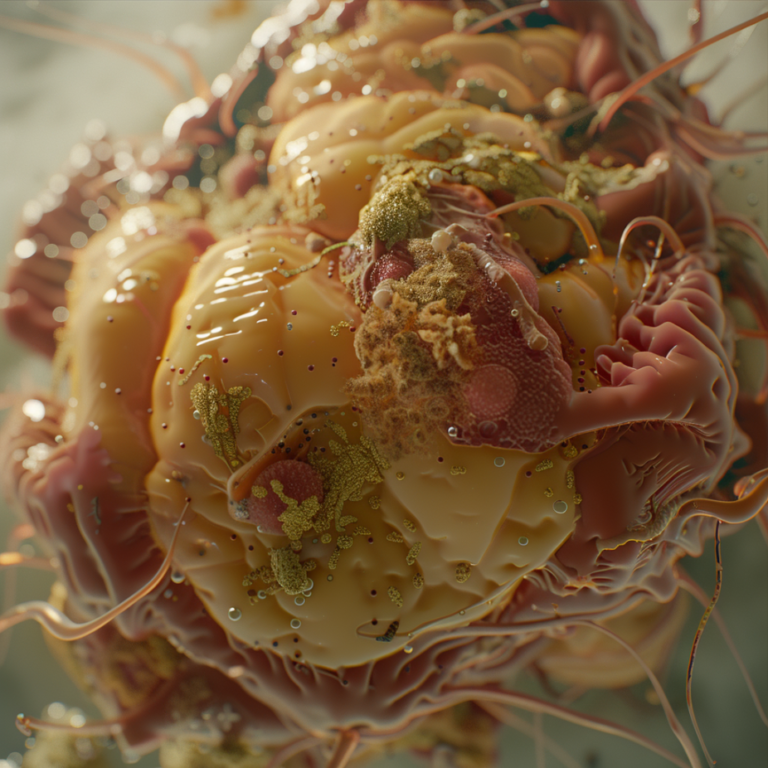Fat is often viewed through a negative lens, conjuring images of unwanted weight gain and health issues. However, the role of fat storage in our bodies is multifaceted and essential for our well-being. This blog delves into the scientific aspects of fat storage, highlighting its importance in energy provision, hormonal balance, and physical protection. Understanding the Fat Storage Role can shift our perspective towards appreciating its contribution to our health and survival.

1. Energy Reservoir
One of the primary roles of fat storage in our bodies is acting as an energy reservoir. Unlike carbohydrates, which provide quick energy bursts, fats offer a dense energy source, containing about 9 calories per gram compared to 4 calories per gram in carbohydrates and proteins. This high energy density makes fat an efficient way to store energy for later use. During periods of fasting or when food intake is low, the body taps into these fat reserves to sustain itself.
From an evolutionary standpoint, this ability to store energy in the form of fat was crucial for survival during times when food was scarce. Our ancestors might not have known when their next meal would come, making fat storage a vital adaptation for enduring those periods without food. This system is still in play today, though in a modern context where food scarcity is less of a concern for many, the challenge has shifted towards managing fat storage for optimal health. For more on how dietary choices have evolved, consider reading about what humans ate 1000 years ago here.
2. Hormonal Regulation
Fat storage also plays a critical role in hormonal regulation, influencing various bodily functions. Adipose tissue, or body fat, is not just a passive storage depot but an active endocrine organ that secretes hormones and adipokines, which are involved in regulating appetite, insulin sensitivity, and inflammation.
Leptin, a hormone produced by fat cells, is a key player in managing hunger and energy balance. High levels of body fat lead to increased leptin production, signaling the brain to reduce appetite and increase energy expenditure. Conversely, when fat levels are low, leptin levels drop, stimulating appetite to replenish fat stores. This regulatory mechanism highlights the intricate relationship between fat storage and energy homeostasis, emphasizing the role of fat in maintaining a healthy weight and metabolic function. To understand more about how dietary habits impact our hormonal balance, you can explore the benefits and drawbacks of a carnivore diet here.


3. Protective Cushioning
Beyond energy storage and hormonal regulation, fat serves a protective role in cushioning vital organs and insulating the body. Subcutaneous fat, located just beneath the skin, helps insulate the body, maintaining a stable internal temperature regardless of external conditions. This insulating layer is crucial for survival in various climates, allowing humans to adapt to a wide range of environmental conditions.
Visceral fat, which surrounds organs, provides cushioning that protects internal structures from physical shock and injury. In the context of an ancestral lifestyle, where physical activity and the risk of injury were high, this protective mechanism was essential for survival. While maintaining a balance is key, as excessive visceral fat can lead to health issues, the protective role of fat is an integral part of our body’s defense system. For insights into ancestral dietary practices and their implications on health, reading about the diet of early humans might be enlightening, available here.
In conclusion, the Fat Storage Role in our bodies extends far beyond the simplistic view of it as merely excess weight. By serving as an energy reservoir, regulating hormones, and providing protective cushioning, fat storage is fundamental to our survival and well-being. Understanding and appreciating these roles can help us approach our health and diet with a more informed and balanced perspective, aligning with the principle that natural and unprocessed is the key to optimal health.